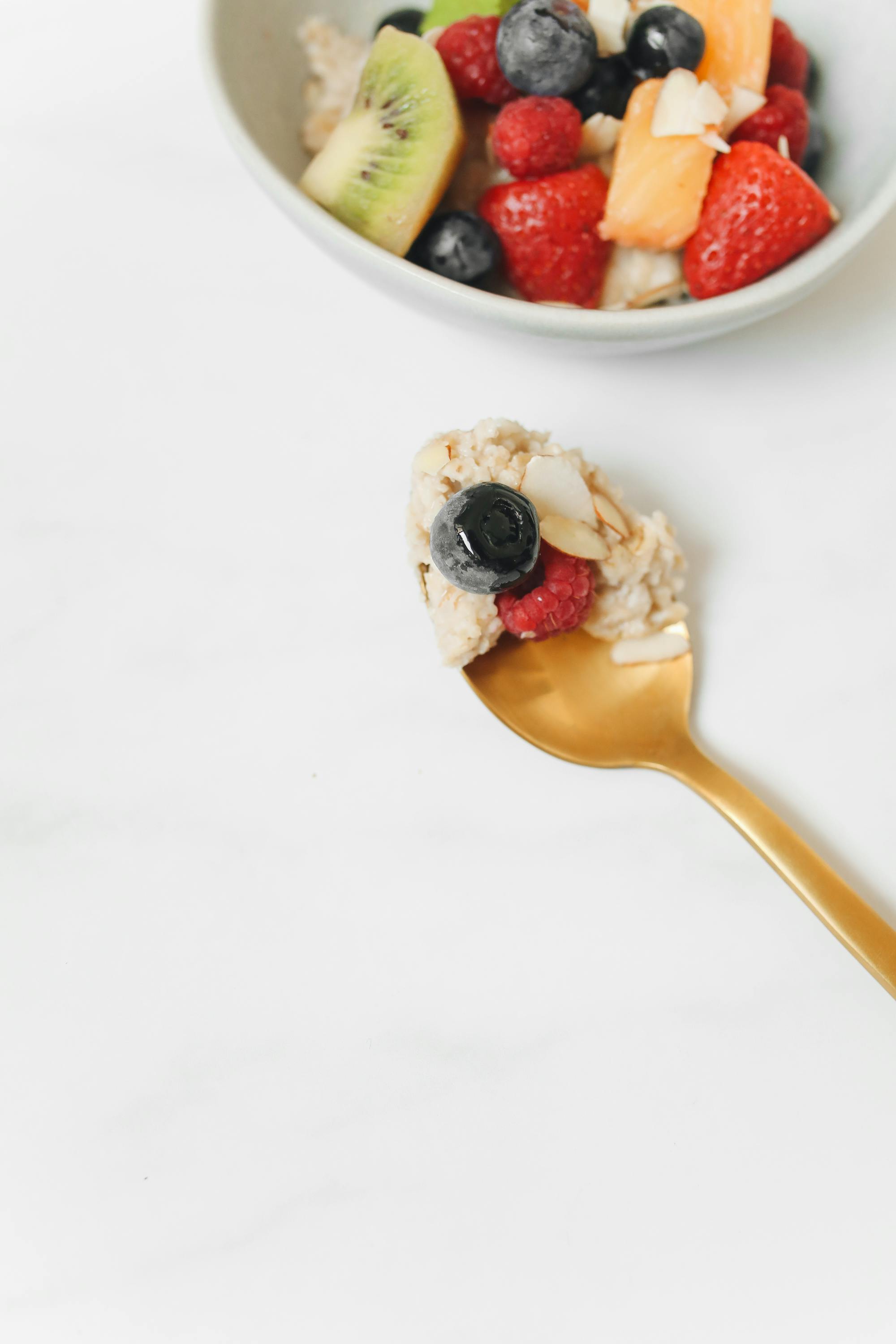
Effective Ways to Manage a Kidney Diet for Dogs in 2025: Improve Their Health and Well-being
Managing a kidney diet for dogs is essential for their health, especially for those diagnosed with kidney disease. This condition can significantly affect a dog's well-being, and proper dietary management plays a critical role in improving their quality of life. In 2025, the understanding of renal diets for dogs has advanced significantly, offering better food options, recipes, and strategies to support kidney health.
In this guide, we will explore effective ways to manage a kidney diet for dogs, including the importance of nutrition, types of food to feed, and tips for preparing homemade meals. We will also discuss hydration and the best supplements available. Understanding the dietary restrictions for dogs with kidney disease is crucial for enhancing their health and prolonging their lifespan. Let's delve into the essentials of a kidney-friendly diet and how it can benefit your furry companions.

Essential Guidelines for Managing a Kidney Diet for Dogs
Establishing the foundation of a kidney diet for dogs includes understanding dietary restrictions, nutrition requirements, and the importance of regular vet consultations. Knowing the specific needs of dogs with kidney disease is critical for their treatment and for improving their health outcomes.
Understanding Kidney Disease in Dogs
Kidney disease in dogs, particularly chronic kidney disease (CKD), affects the organ's ability to filter waste and toxins from the blood. Symptoms of kidney disease can include increased thirst and urination, weight loss, and changes in appetite. Early diagnosis is vital for effective management and treatment.
There are several stages of kidney disease in dogs, and the dietary requirements change as the disease progresses. A vet-recommended kidney diet typically involves low protein and phosphorus levels to reduce the strain on the kidneys, along with hydration support to maintain optimal health.
Importance of a Vet-Recommended Kidney Diet
Consulting a veterinarian when designing a renal diet is crucial. Your vet can provide personalized dietary recommendations based on your dog’s specific condition and needs, reducing the risk of nutritional deficiencies while supporting their kidney function.
A vet-recommended kidney diet may include commercial dog food for kidney disease, specifically formulated low-protein dog food, and other dietary restrictions tailored to your pet's health status. Regular check-ups will also help monitor kidney function and adjust the dietary approach as needed.
Key Nutritional Components for Kidney Health
When managing a kidney diet for dogs, focus on providing high-quality protein and essential fats while minimizing phosphorus and sodium levels. Ingredients rich in omega-3 fatty acids—such as fish oil—can help support kidney health, while antioxidants play a role in reducing inflammation.
Additionally, high fiber content can aid in digestion and manage blood sugar levels, which is particularly beneficial for dogs with concurrent conditions like diabetes.
How to Transition Your Dog to a Kidney Diet
Transitioning your dog to a kidney-friendly diet should be done gradually over several days to avoid gastrointestinal upset. Start by mixing small amounts of kidney-safe food into your dog's regular food, gradually increasing the proportion of the new diet and decreasing the old food over a week.
Monitoring your dog's reaction to the new diet is essential. Look for signs of improvement in their overall well-being, such as reduced vomiting or improved appetite. If any adverse effects arise, consult your veterinarian immediately.
Choosing the Right Dog Food for Kidney Disease
Choosing the best dog food for kidney health requires understanding the ingredients and their nutritional properties. While some pet owners might opt for commercial kidney diets, others may prefer homemade dog food recipes tailored for their pets' needs. Let's explore the various options available to you.
Commercial Dog Food for Kidney Issues
Many brands now offer specialized dog food for kidney disease, designed with the correct balance of nutrients to support kidney function. Look for products specifically labeled as "kidney support" or "renal diet." They should have lower protein levels and be rich in essential fatty acids.
Brands like Hill's Prescription Diet, Royal Canin, and Purina Pro Plan all offer options formulated for dogs with kidney disease. Always check with your vet to find the most suitable options for your dog's specific condition.
Homemade Dog Food Recipes for Kidney Disease
Preparing homemade dog food can be beneficial, allowing you to control the ingredients and nutritional value. A simple recipe might include boiled chicken breast, steamed carrots, and white rice, ensuring it's low in phosphorus and protein. It's vital to consult a veterinarian about portion sizes and ingredient choices for your specific dog's needs.
When creating homemade meals, consider adding supplements that provide vitamins and minerals supportive of kidney health. You can also incorporate hydration products in homemade meals, ensuring your dog consumes sufficient fluids.
Hydration: An Essential Component
Hydration is critical for dogs with kidney disease, as it helps flush toxins from the body and maintains overall health. Ensure your dog has constant access to fresh water. You may also consider providing wet food for dogs with kidney failure to increase their fluid intake.
Additionally, adding bone broth or low-sodium broth to your dog's food can enhance flavor and encourage them to drink more, improving hydration levels.
Best Supplements for Dogs with Kidney Disease
Supplements can support kidney health by providing essential nutrients missing in a low-protein diet. Look for kidney health supplements that contain omega fatty acids, B vitamins, and antioxidants. Always consult your vet before adding any supplements to your dog’s diet, as they will help determine which is best suited for your pet’s needs.

Feeding Tips and Guidelines for Dogs with Kidney Disease
Managing a kidney diet also necessitates understanding the institutional and feeding schedules that best suit your dogs' conditions. Here are effective feeding strategies that can enhance the overall success of the dietary approach.
Feeding Schedule for Dogs with Kidney Issues
Establishing a consistent feeding schedule can help manage your dog’s kidney disease effectively. Smaller, more frequent meals can alleviate digestive stress and improve nutrient absorption. Aim for 3-4 smaller meals throughout the day instead of one or two larger meals.
This approach can also help stabilize blood sugar, which is essential for dogs with concurrent conditions such as diabetes.
Monitoring Weight and Health
It's essential to monitor your dog's weight closely when managing kidney disease. Weight changes can indicate dietary issues or progression of the disease. Use a scale to weigh your pet regularly and maintain a journal of their diet and any health changes.
Consult with your vet to evaluate if your dog is maintaining an ideal weight and receiving the right nutrition. Adjustments to their diet may be necessary based on their progress.
Common Mistakes to Avoid
When preparing a kidney diet for dogs, avoid common pitfalls such as using overly refined grains, high phosphorus ingredients, or insufficient hydration methods. Dog food ingredients to avoid include those high in sodium and phosphorus, as they can exacerbate kidney issues.
Additionally, ensure you don’t over-supplement, as excess vitamins can be as harmful as deficiencies.
Importance of Routine Vet Check-Ups
Regular vet visits are fundamental for monitoring kidney function in dogs. Vets can provide blood tests to check for waste products and other indicators of kidney health, adjusting dietary recommendations as necessary. It’s vital to keep your vet informed about any changes in your dog’s appetite, weight, or behavior.
Staying proactive about monitoring kidney health can significantly impact the management of dogs with kidney disease and improve outcomes.
Q&A: Common Questions About Kidney Diets for Dogs
What food is best for dogs with kidney disease?
The best dog food for kidney disease should be low in protein, phosphorus, and sodium, focusing on high-quality ingredients. Consult your vet for recommended brands and formulations.
Can I make homemade food for my dog with kidney disease?
Yes, you can prepare homemade dog food for kidney disease, but ensure you work with your veterinarian to create balanced recipes using appropriate ingredients. Always monitor their health closely.
How often should I feed my dog on a kidney diet?
Feeding your dog smaller, more frequent meals (3-4 times a day) can help manage their kidney disease effectively and maintain stable glucose levels.
What supplements should I consider for dogs with kidney disease?
Talk to your vet about supplements that support kidney health, such as omega-3 fatty acids, antioxidants, and B vitamins, to improve your dog's overall well-being.
How can I ensure my dog stays hydrated?
Maintain fresh water availability, use wet food, and consider adding low-sodium broths to their meals to increase fluid intake, keeping your dog hydrated.
In conclusion, managing a kidney diet for dogs requires careful planning and attention to dietary needs. With proper care, monitoring, and vet support, you can significantly improve your dog's health and quality of life.
For more information, explore related topics [here](https://eatpure.info/?p=1268) and [here](https://eatpure.info/?p=1263).